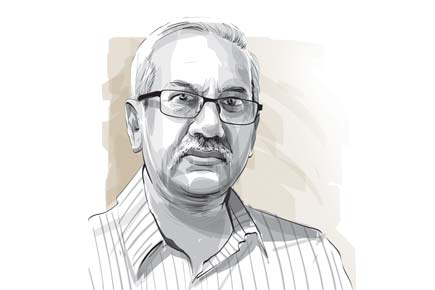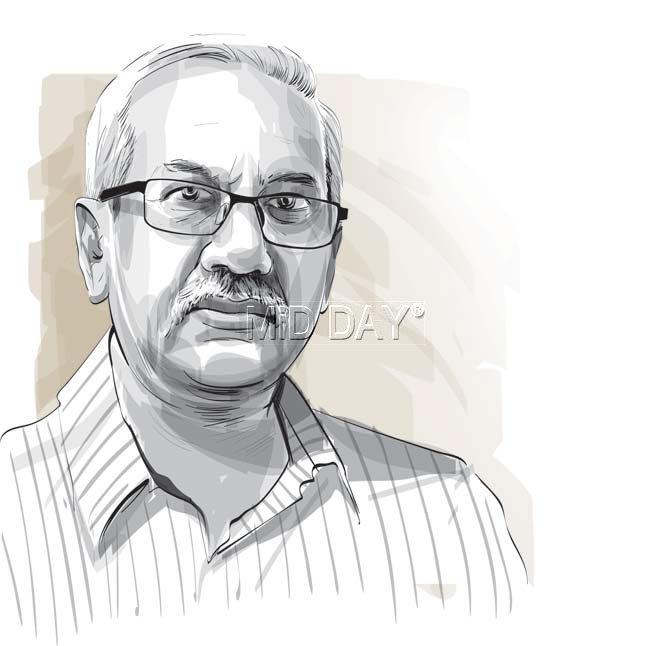Last week, in the midst of renewed artillery fire in the civil war that is Twitter, I read one of the most moving stories I have in a long time


Illustration/Uday Mohite
 Last week, in the midst of renewed artillery fire in the civil war that is Twitter, I read one of the most moving stories I have in a long time.
Last week, in the midst of renewed artillery fire in the civil war that is Twitter, I read one of the most moving stories I have in a long time.
ADVERTISEMENT
A doctor from Coimbatore, Balasubramaniam had died. Legions of people had gathered to bid him farewell. In his lifetime, he had set up a few clinics and had never charged patients more than twenty rupees, earning himself the title of the “20-rupee doctor,” while becoming the mainstay of the poor. He had attended to them in the old fashioned way, making house calls in the middle of the night if need be.
It should go without saying that even as we have state-of-the-art medical centres in India, we also have millions with no access to the simplest medical facilities. The presence of one does not automatically cancel out the other. But, given that Coimbatore is famed for its super-specialty hospitals — a culture markedly different from the personalised tradition of GPs — the contrast here is particularly filmi. It’s not that Dr Balasubramaniam was very rich or that he impoverished himself. He felt he had enough that he could do this.
Stories of community mindedness like Dr. Balasubramaniam’s are not uncommon in India. During the recent train tragedy in Kanpur, I saw photos of a man who handed out biscuits to affected people, just in his personal capacity. As people have queued up to try to get some money, I read many accounts of others coming to give them water. We all saw bank staff dealing, patiently and affably, for hours together, with people distraught or disrespectful. We also heard many stories of good-natured help offered by working class people to hassled middle class folks unused to navigating daily hardship and inconvenience.
These stories are a reminder of a tradition, a kind of mehman-navazi of the soul, that is very much part of daily Indian culture. We each have several stories of the kindness of strangers that helped us at different moments in our lives.
This quality of compassion seems to be missing when we speak at the larger national level. Our government currently does not have a great record in expressing grief or regret for people’s loss and difficulties in general nor are such concerns evident in the shaping of the demonetisation plan, if one may call it that.
It seems that people have absolved government of empathy, confusing the feeling with hypocritical do-gooderness or disguised liberal gloating. No doubt some critiques are a little too eager, driven more by ideology than empathy.
But, as ordinary people, perhaps we should wonder why we find it so easy to utter callous things like “Oh, no one died before November 8, is it?” and dismiss the anxieties of the old, the lost wages and jobs of working poor and in fact the deaths of 70 , probably law-abiding, Indian citizens as just so much collateral damage.
It is fashionable to speak of two Indias — the left-liberal elite and the right-wing elite (similar too, in both being elite, but that’s a different discussion), Bharat and India. Looks like we’re adding kind and unkind India to that? As we define ourselves in terms of identity, party affiliation and political positions, here’s a petition to also define ourselves in terms of emotional positions that preserve our humane traditions.
Paromita Vohra is an award-winning Mumbai-based filmmaker, writer and curator working with fiction and non-fiction. Reach her at www.parodevipictures.com
 Subscribe today by clicking the link and stay updated with the latest news!" Click here!
Subscribe today by clicking the link and stay updated with the latest news!" Click here!







